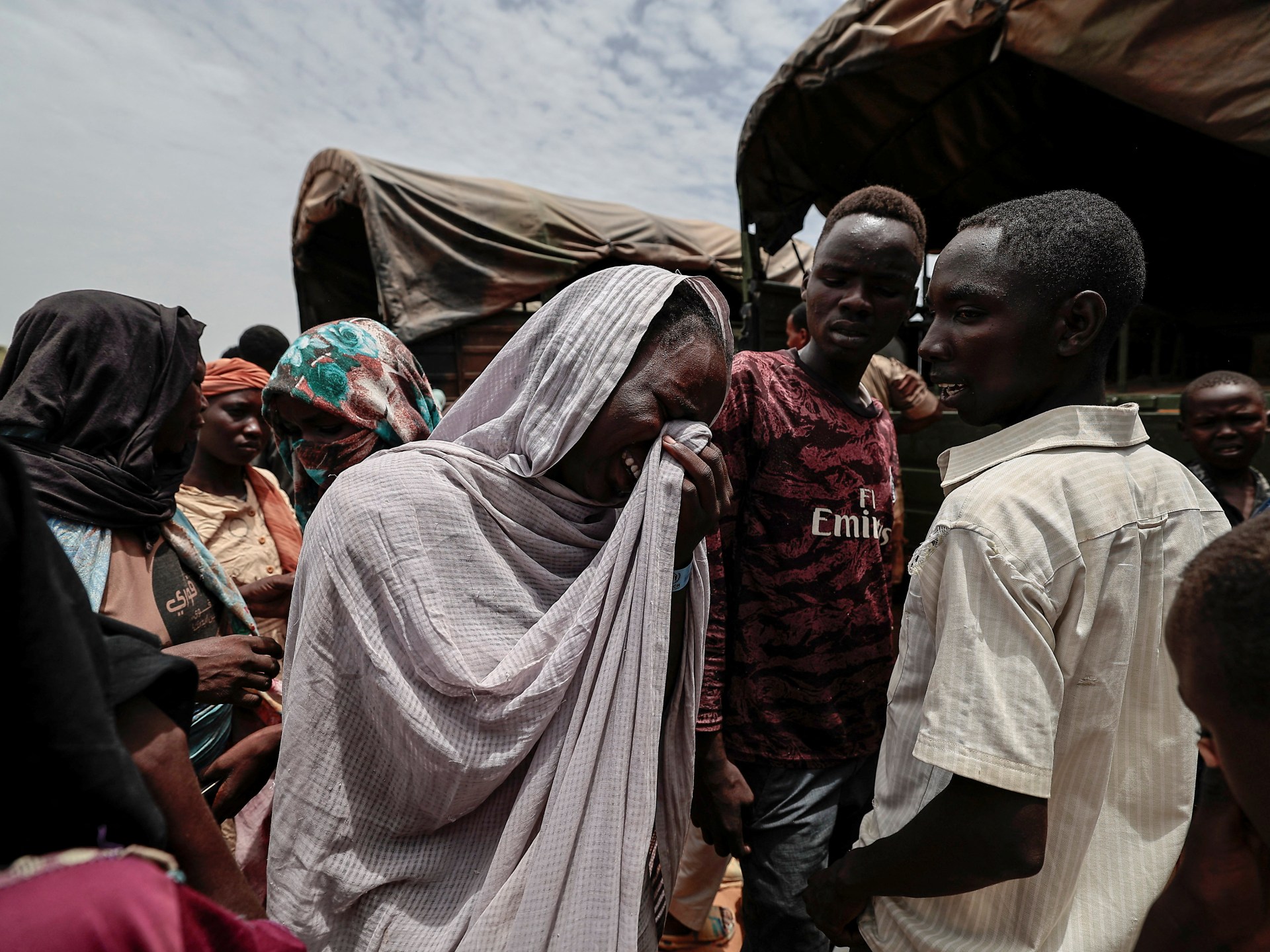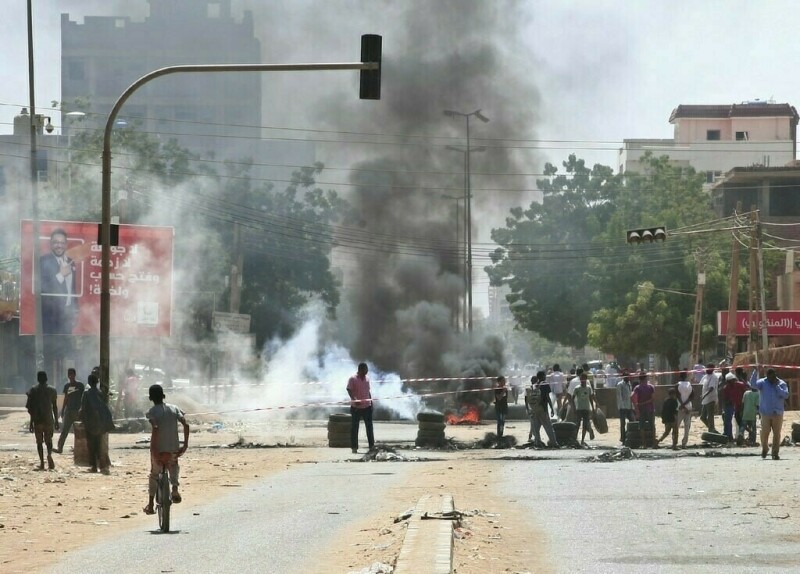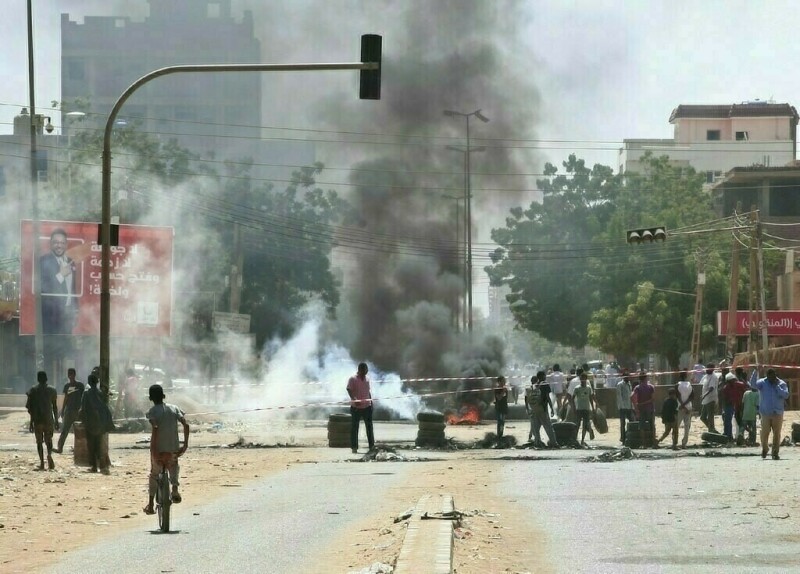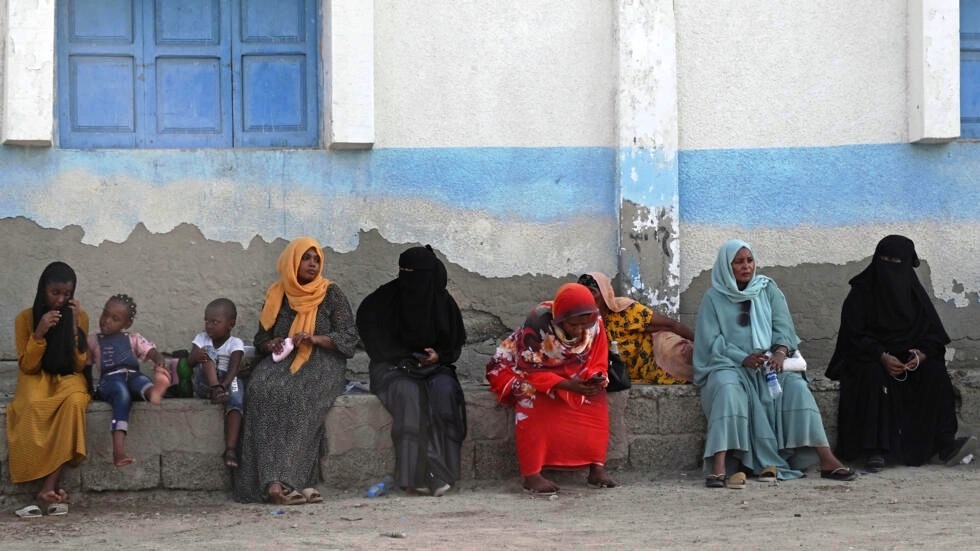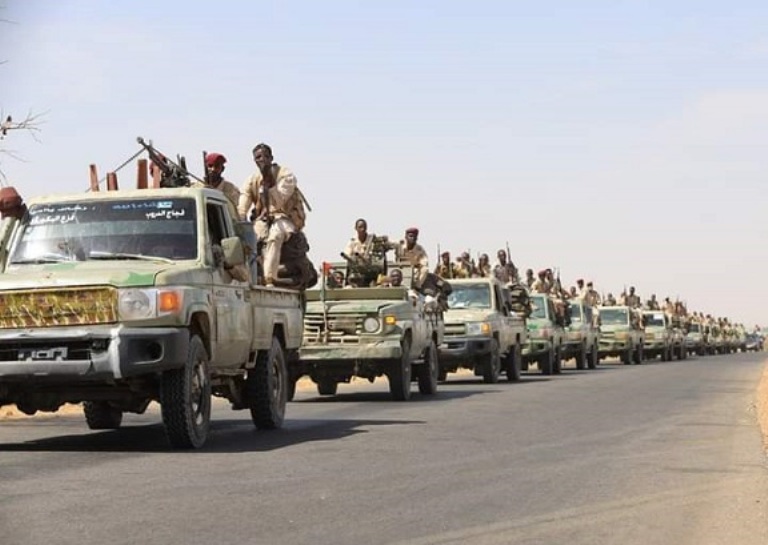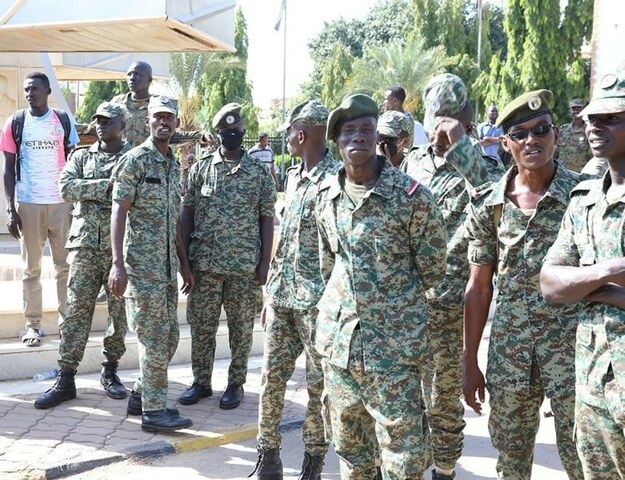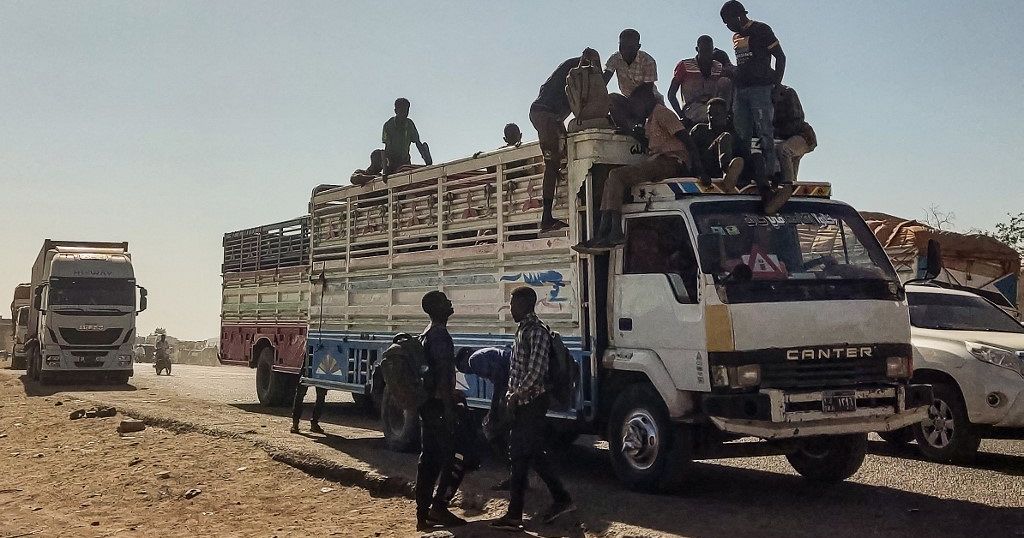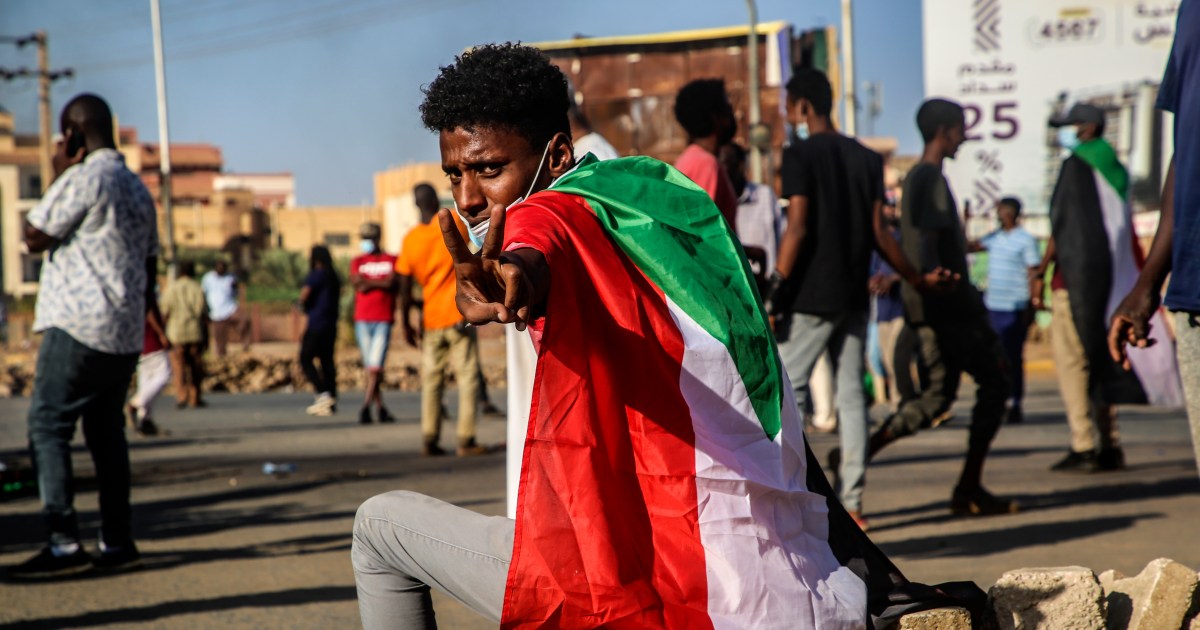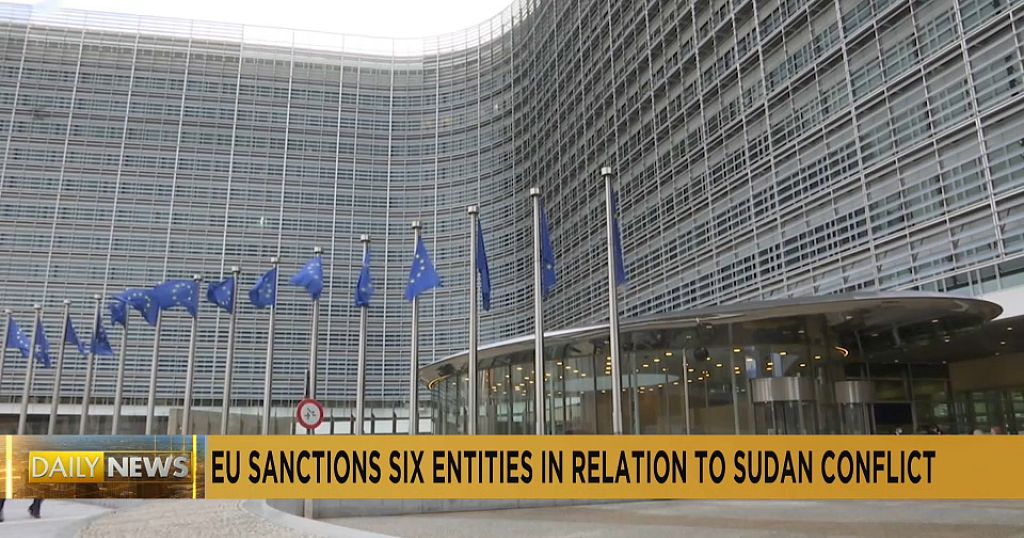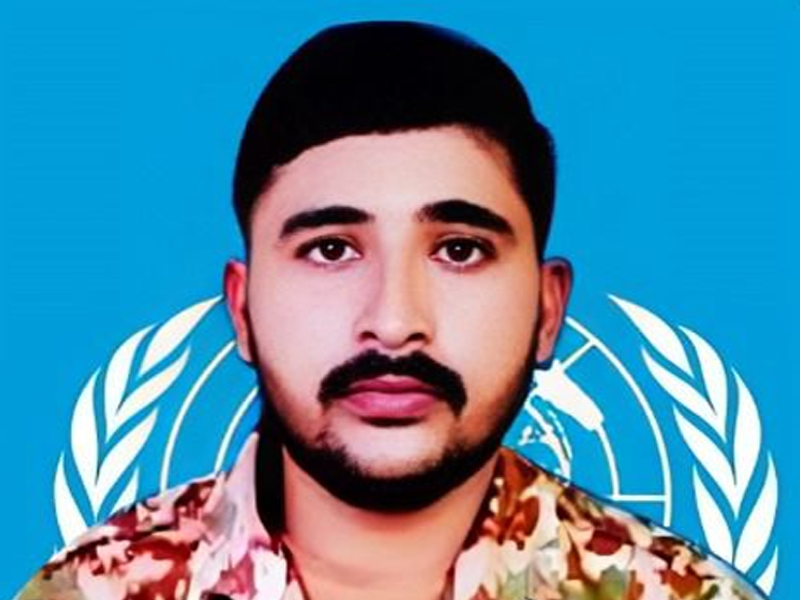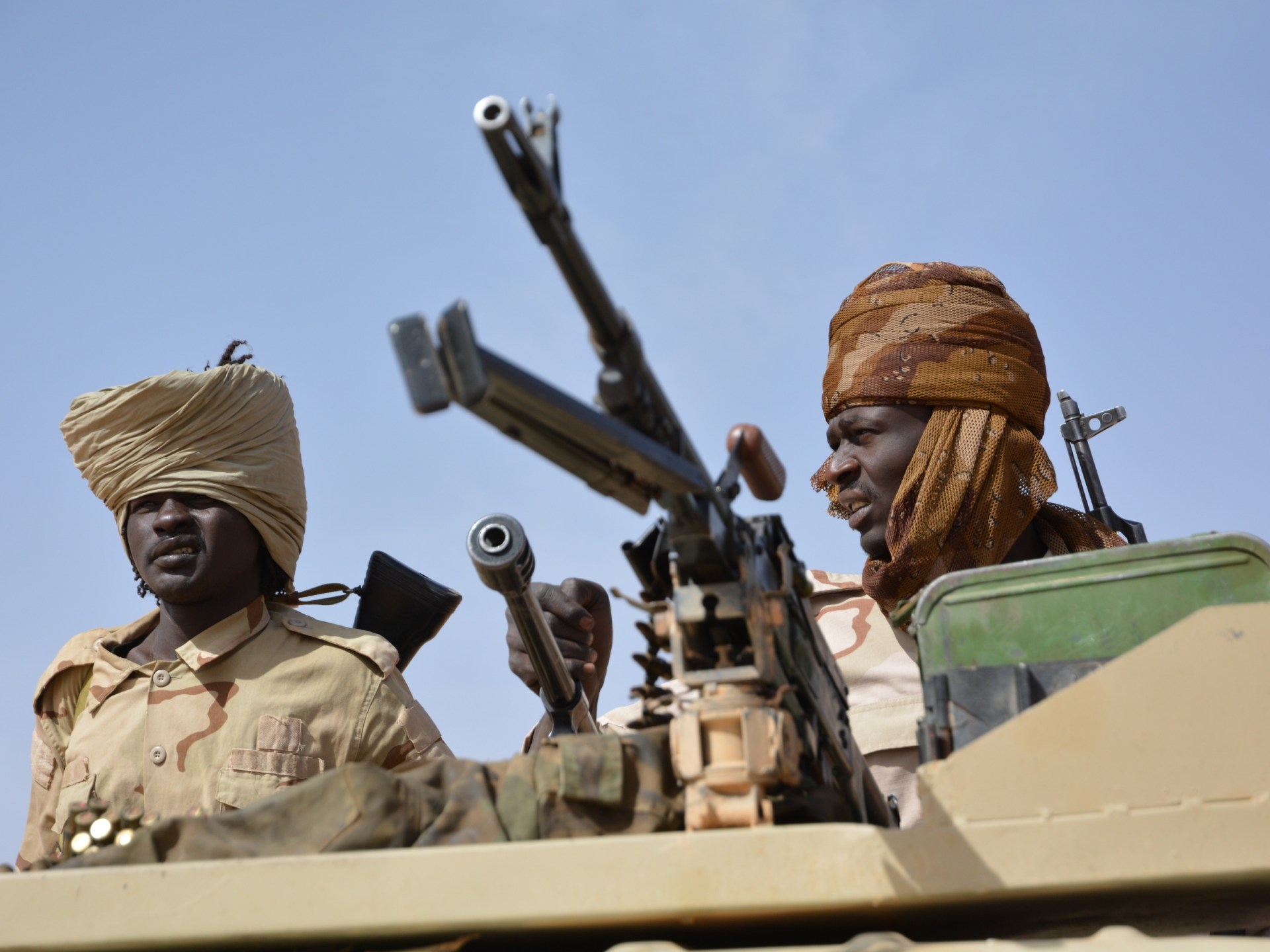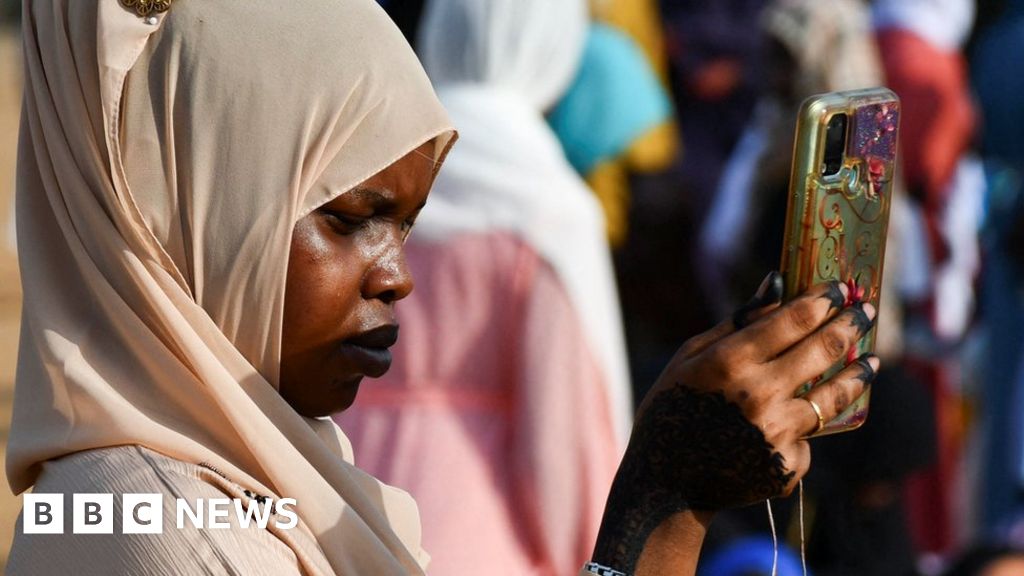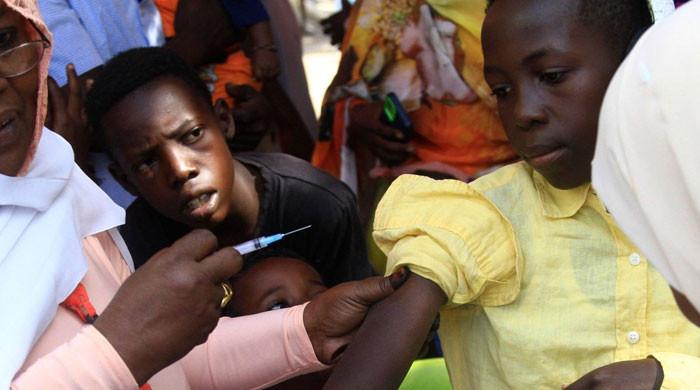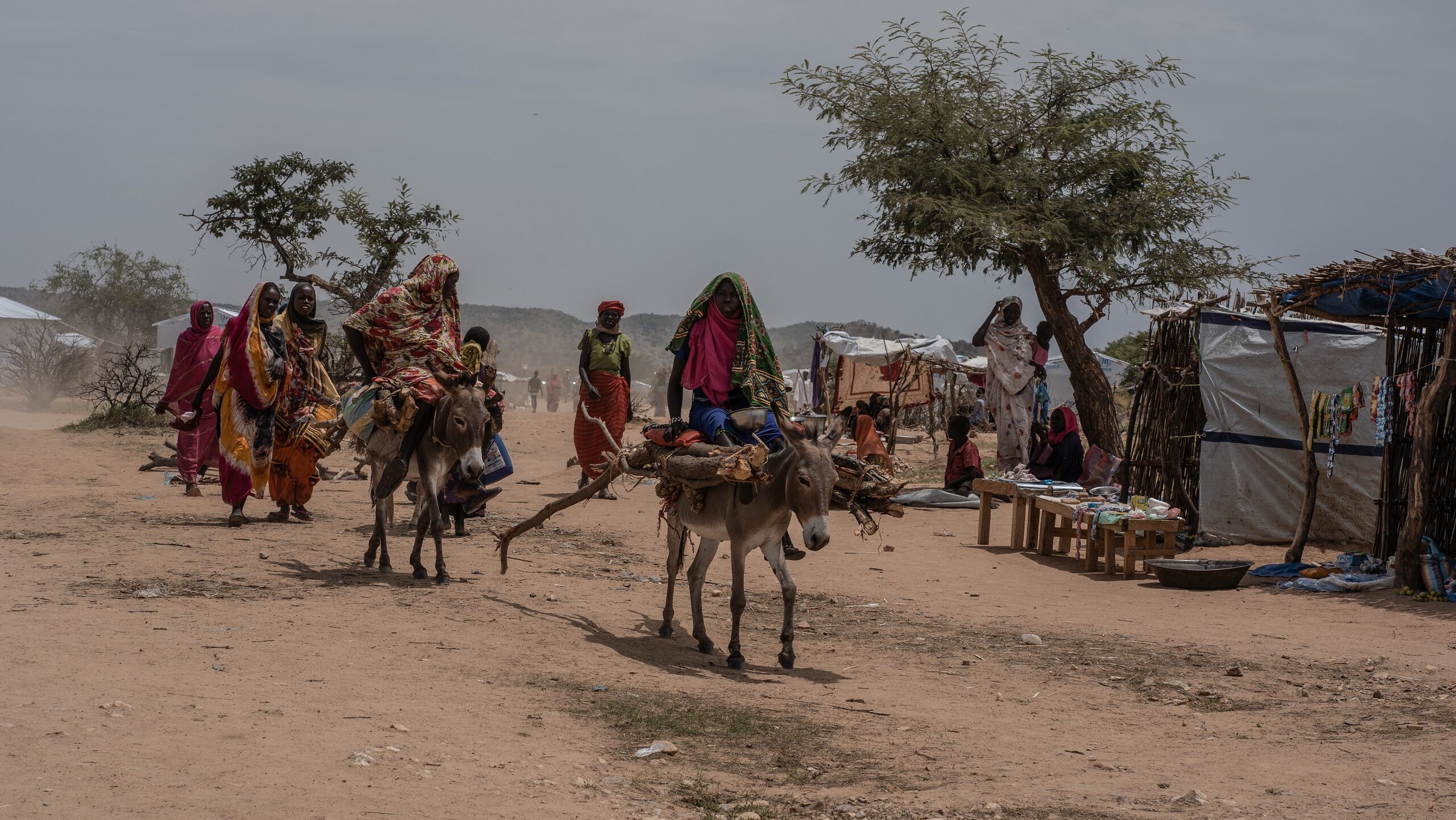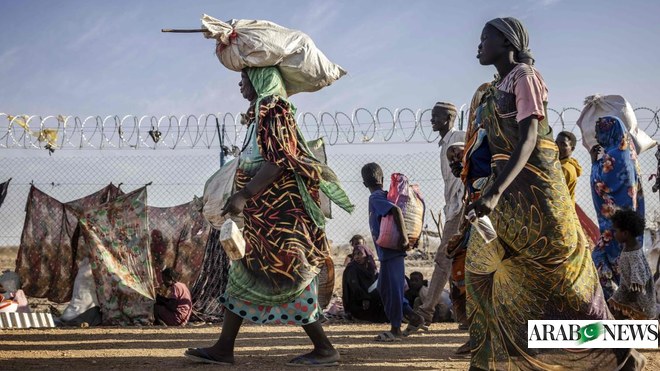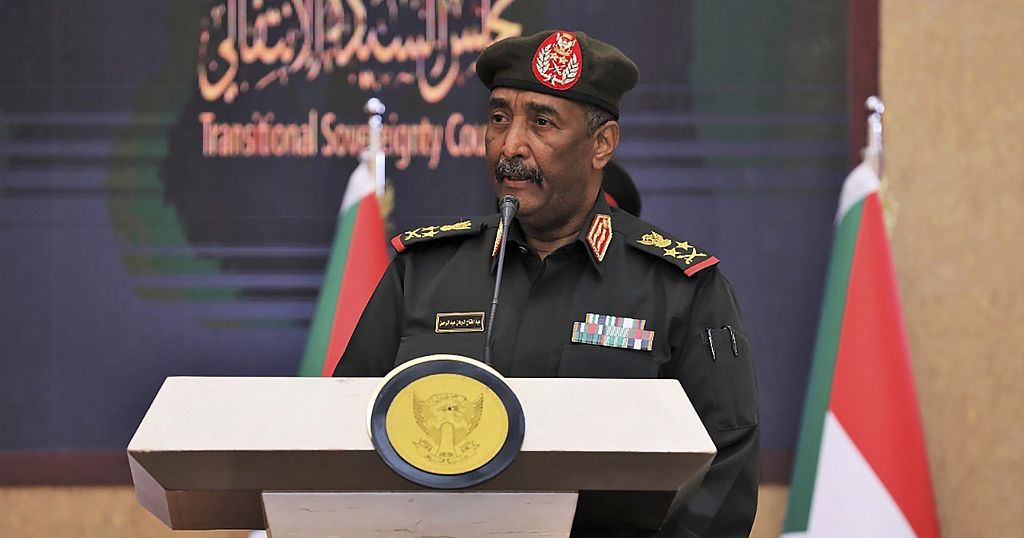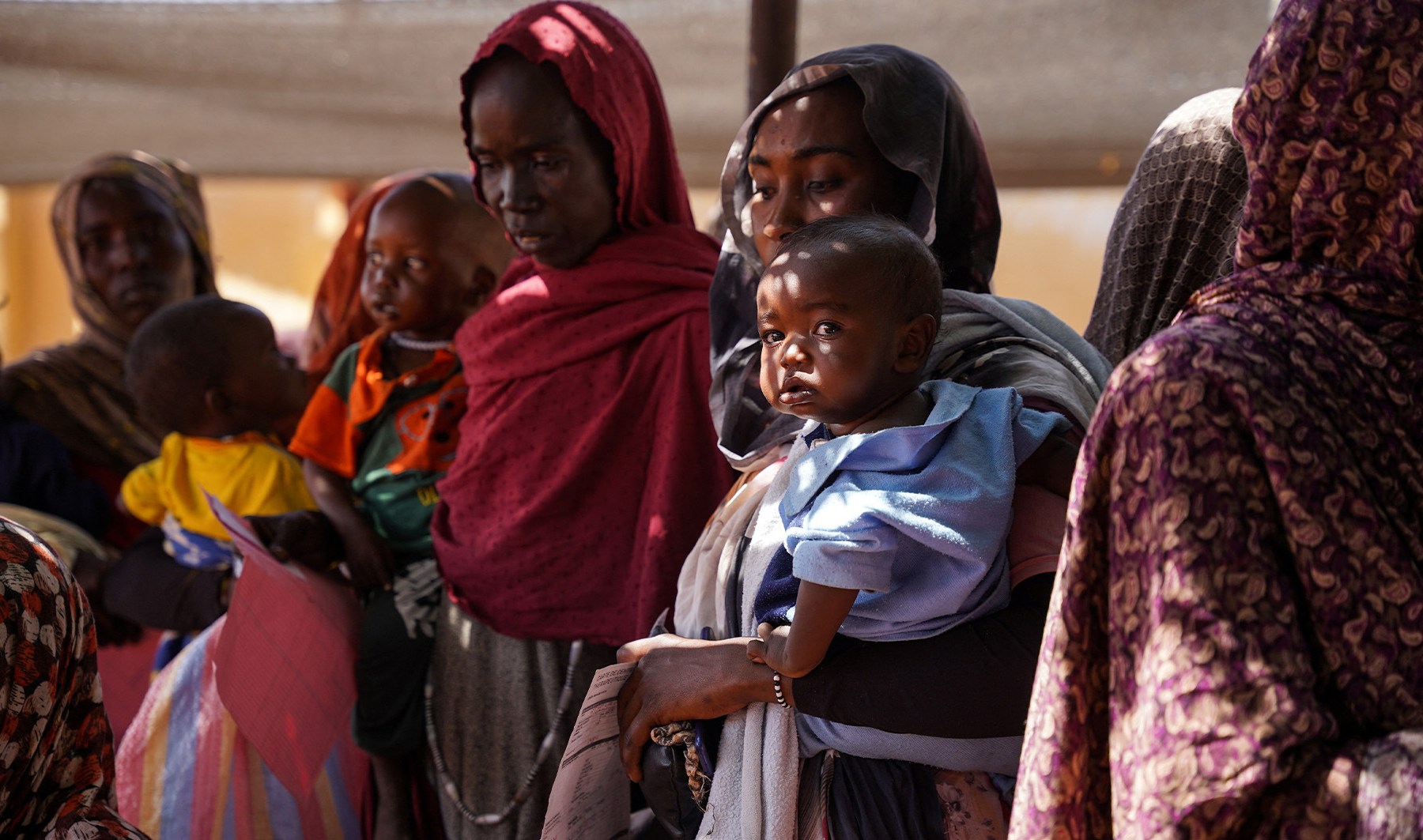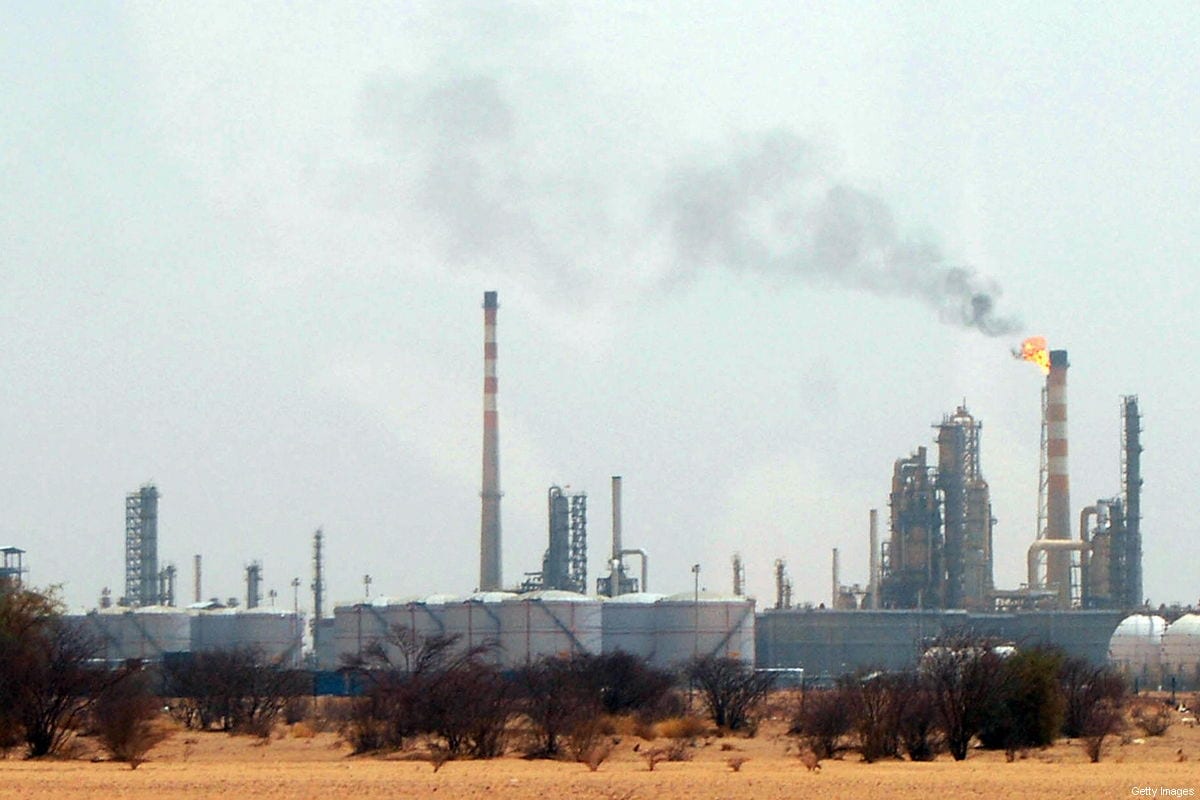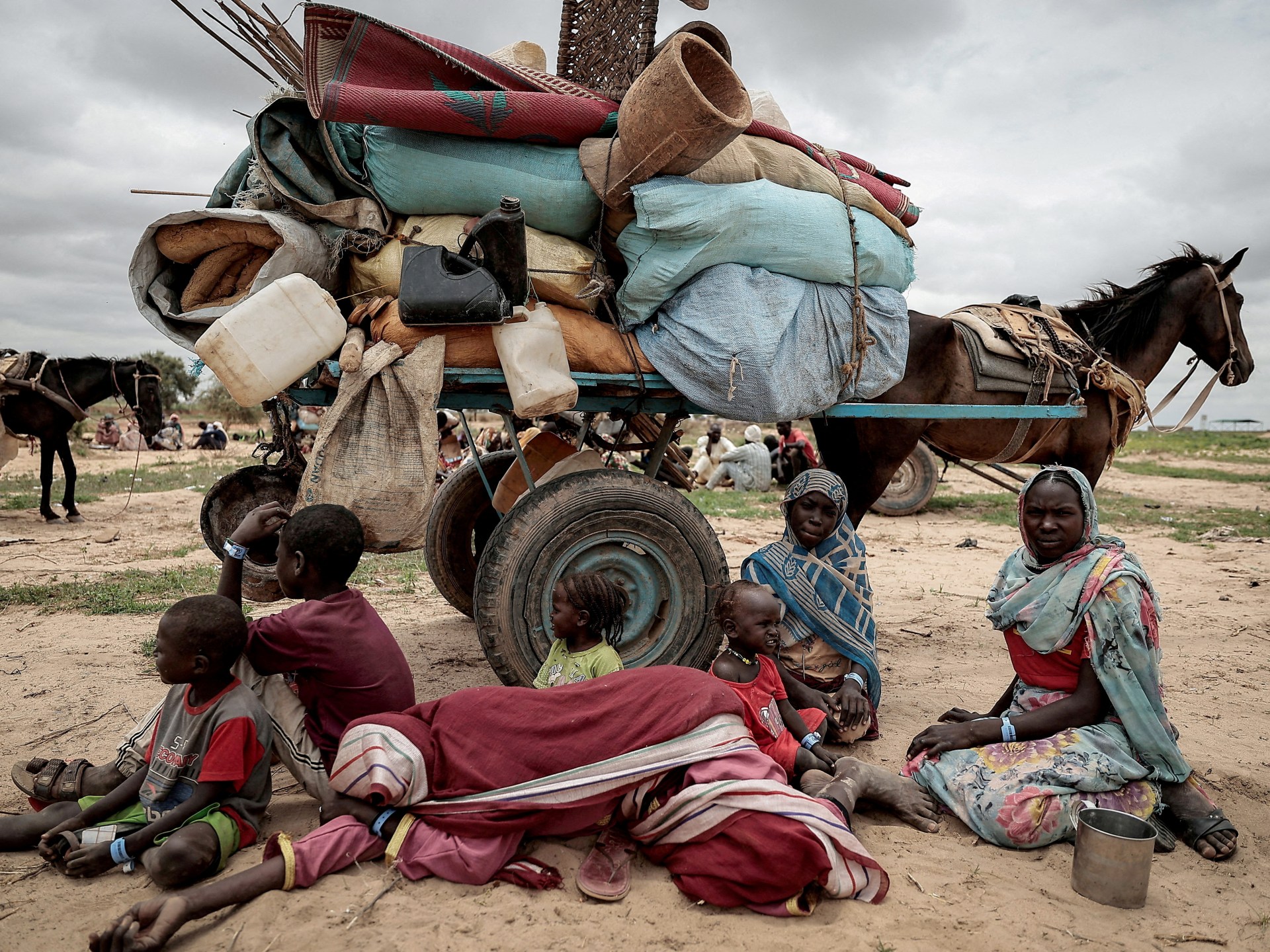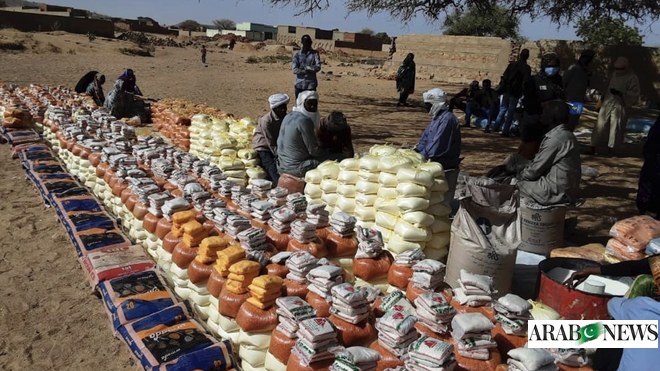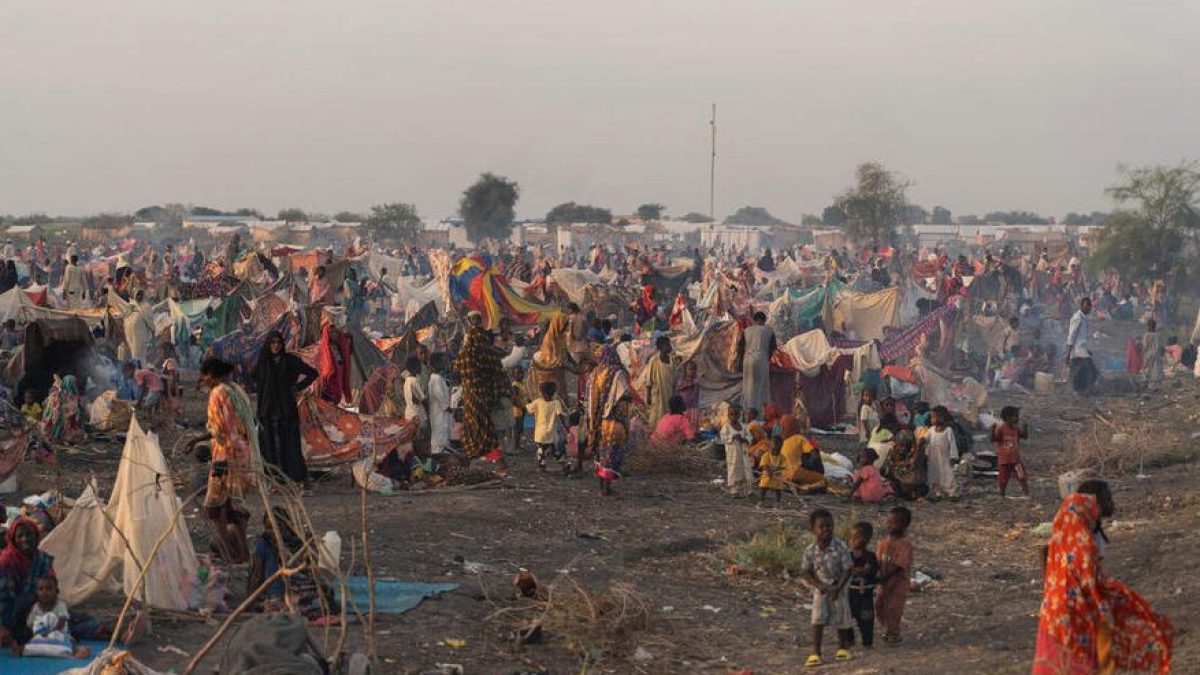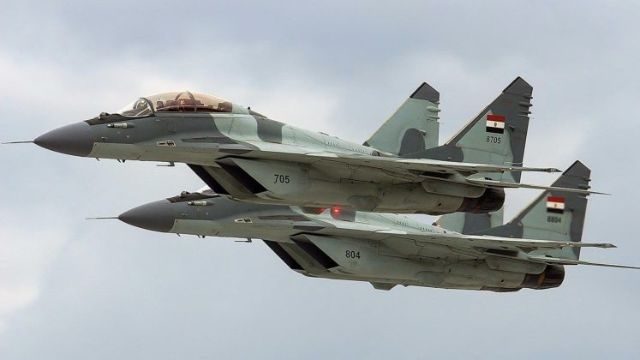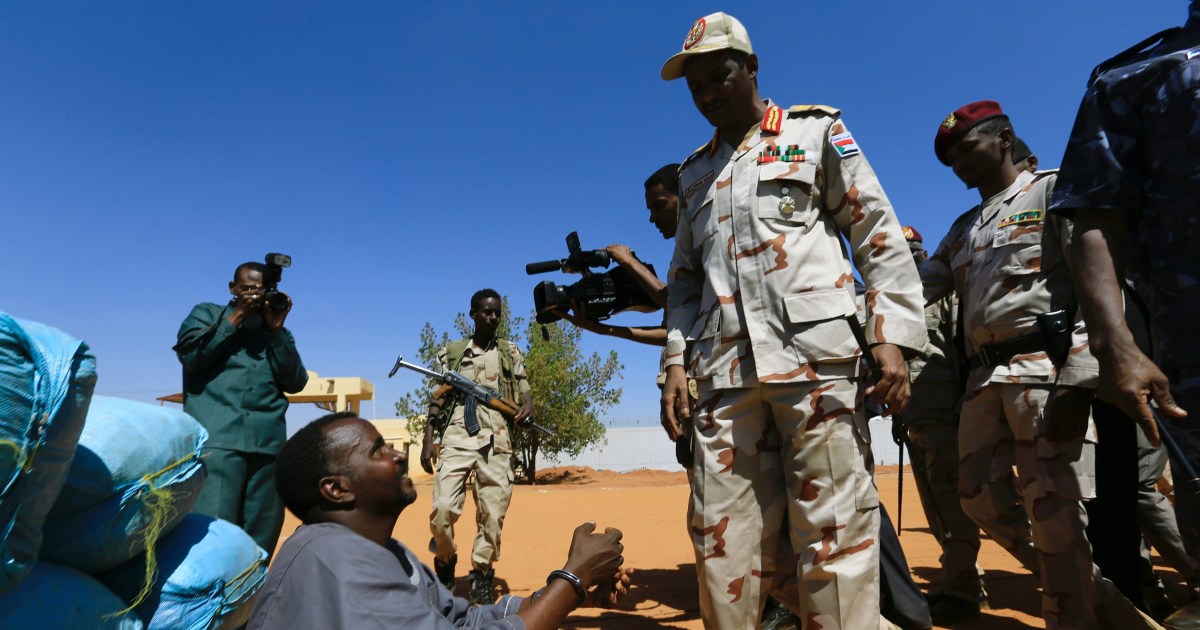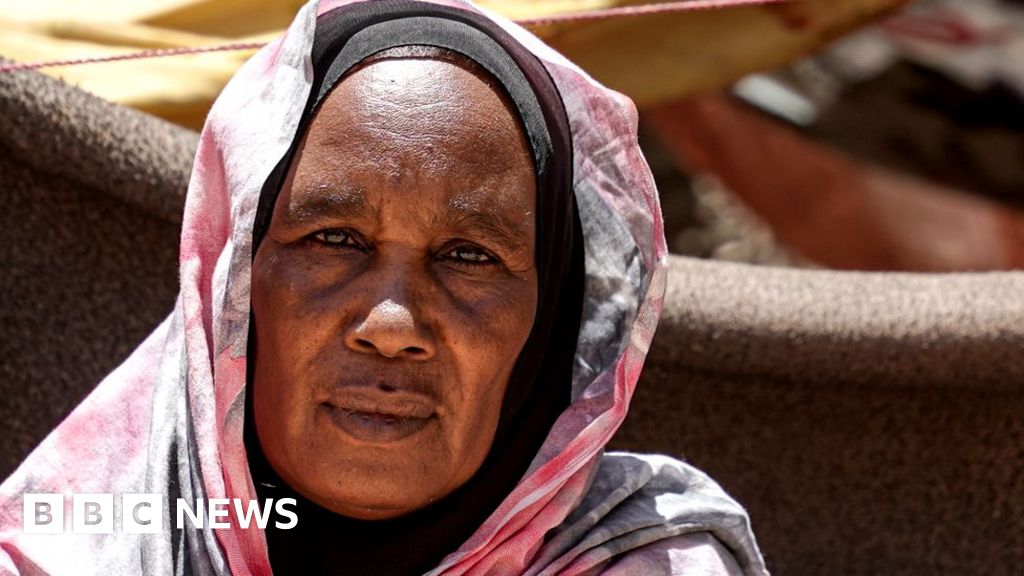Green Patriot
First Class Star
- Joined
- Dec 15, 2018
- Runs
- 3,826
- Post of the Week
- 1
Over the last week, people have been using the likes of Twitter and Instagram to shine a light on the political crisis currently taking place in Sudan. Despite an internet blackout across the North African country, many are using hashtags like #IAmTheSudanRevolution and #SudanUprising as a vehicle to post updates on the situation, signal support for protestors and raise awareness in the face of silence from the global community.
The nation has seen brutal violence at the hands of paramilitary group, the Rapid Support Forces (RSF), including reports of dead protestors thrown in the Nile to mask the number of casualties, reports of rape and sexual violence, and the flogging of demonstrators. The ongoing siege was sparked by a morning attack on pro-democracy protesters who formed a peaceful sit-in outside military headquarters in Khartoum on Monday 3 June.
The RSF – also known as Janjaweed – is led by Mohamed Hamdan Dagalo (commonly referred to as "Hemedti"), who is the deputy head of the Transitional Military Council (TMC) – the governing body that has been in charge of Sudan since dictator Omar al-Bashir was ousted by the military in April after months of rallies. Despite demonstrators’ calls for an immediate move to civilian rule, the military have maintained that Sudan will have a transitional government led by the TMC, leading to protests around Sudan – such as the fateful sit-in that saw state forces open fire on unarmed protestors last week.
Since Monday’s attack, there have been at least 100 deaths across the country, a figure that includes an estimated 40 bodies retrieved from the Nile according to the Sudan Doctors’ committee, the medical branch of the Sudanese Professionals Associations (SPA) who have been leading protests against military rule.
Alongside the mounting body count, the TMC has issued an internet shutdown across the country, making it near impossible for Sudanese people to communicate what is happening on the ground with the rest of the online world. The SPA have urged social media users to use hashtags like #IAmTheSudanRevolution where possible to “draw international attention to the crimes committed in Sudan, including internet blackout to isolate the Sudanese people and bury the truth”.
Despite such dire and visceral circumstances, international outrage has come very slowly – if at all. Condemnations of the attack have come from US and UK diplomats, with the UN Security Council debating possible sanctions, a resolution that fell flat when brought to the fore.
https://www.independent.co.uk/voice...ing-protests-rsf-omar-al-bashir-a8951951.html
Some terrible stuff going on in Sudan.Heartfelt prayers with the innocent victims.
The nation has seen brutal violence at the hands of paramilitary group, the Rapid Support Forces (RSF), including reports of dead protestors thrown in the Nile to mask the number of casualties, reports of rape and sexual violence, and the flogging of demonstrators. The ongoing siege was sparked by a morning attack on pro-democracy protesters who formed a peaceful sit-in outside military headquarters in Khartoum on Monday 3 June.
The RSF – also known as Janjaweed – is led by Mohamed Hamdan Dagalo (commonly referred to as "Hemedti"), who is the deputy head of the Transitional Military Council (TMC) – the governing body that has been in charge of Sudan since dictator Omar al-Bashir was ousted by the military in April after months of rallies. Despite demonstrators’ calls for an immediate move to civilian rule, the military have maintained that Sudan will have a transitional government led by the TMC, leading to protests around Sudan – such as the fateful sit-in that saw state forces open fire on unarmed protestors last week.
Since Monday’s attack, there have been at least 100 deaths across the country, a figure that includes an estimated 40 bodies retrieved from the Nile according to the Sudan Doctors’ committee, the medical branch of the Sudanese Professionals Associations (SPA) who have been leading protests against military rule.
Alongside the mounting body count, the TMC has issued an internet shutdown across the country, making it near impossible for Sudanese people to communicate what is happening on the ground with the rest of the online world. The SPA have urged social media users to use hashtags like #IAmTheSudanRevolution where possible to “draw international attention to the crimes committed in Sudan, including internet blackout to isolate the Sudanese people and bury the truth”.
Despite such dire and visceral circumstances, international outrage has come very slowly – if at all. Condemnations of the attack have come from US and UK diplomats, with the UN Security Council debating possible sanctions, a resolution that fell flat when brought to the fore.
https://www.independent.co.uk/voice...ing-protests-rsf-omar-al-bashir-a8951951.html
Some terrible stuff going on in Sudan.Heartfelt prayers with the innocent victims.







